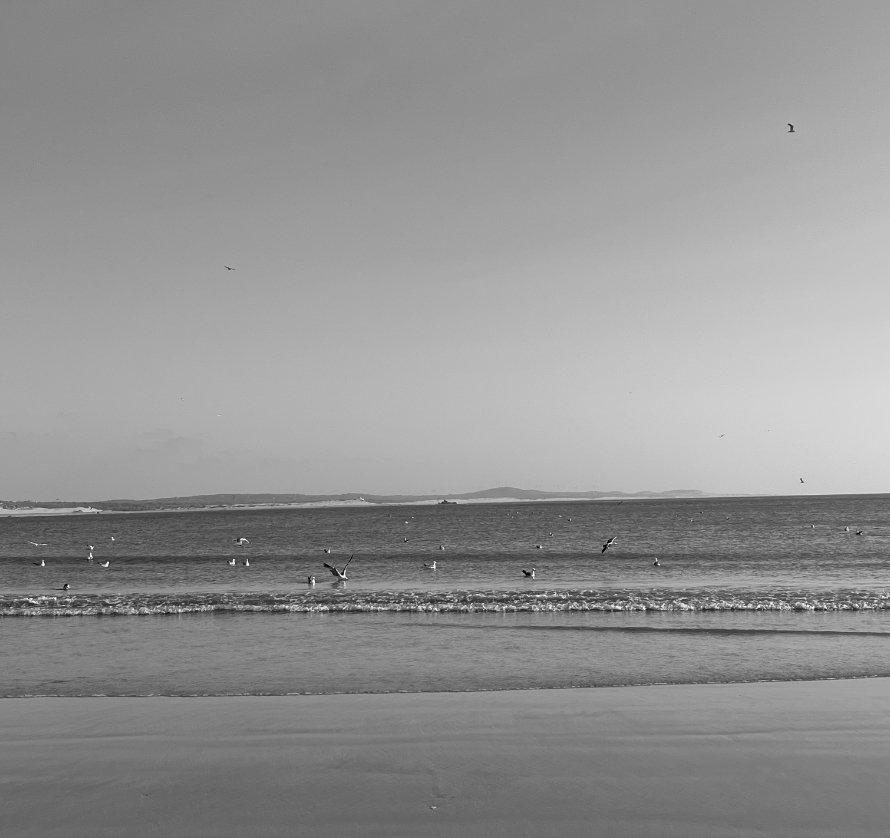THERESA LOLA
“As poets, we have to go into the uncomfortable”
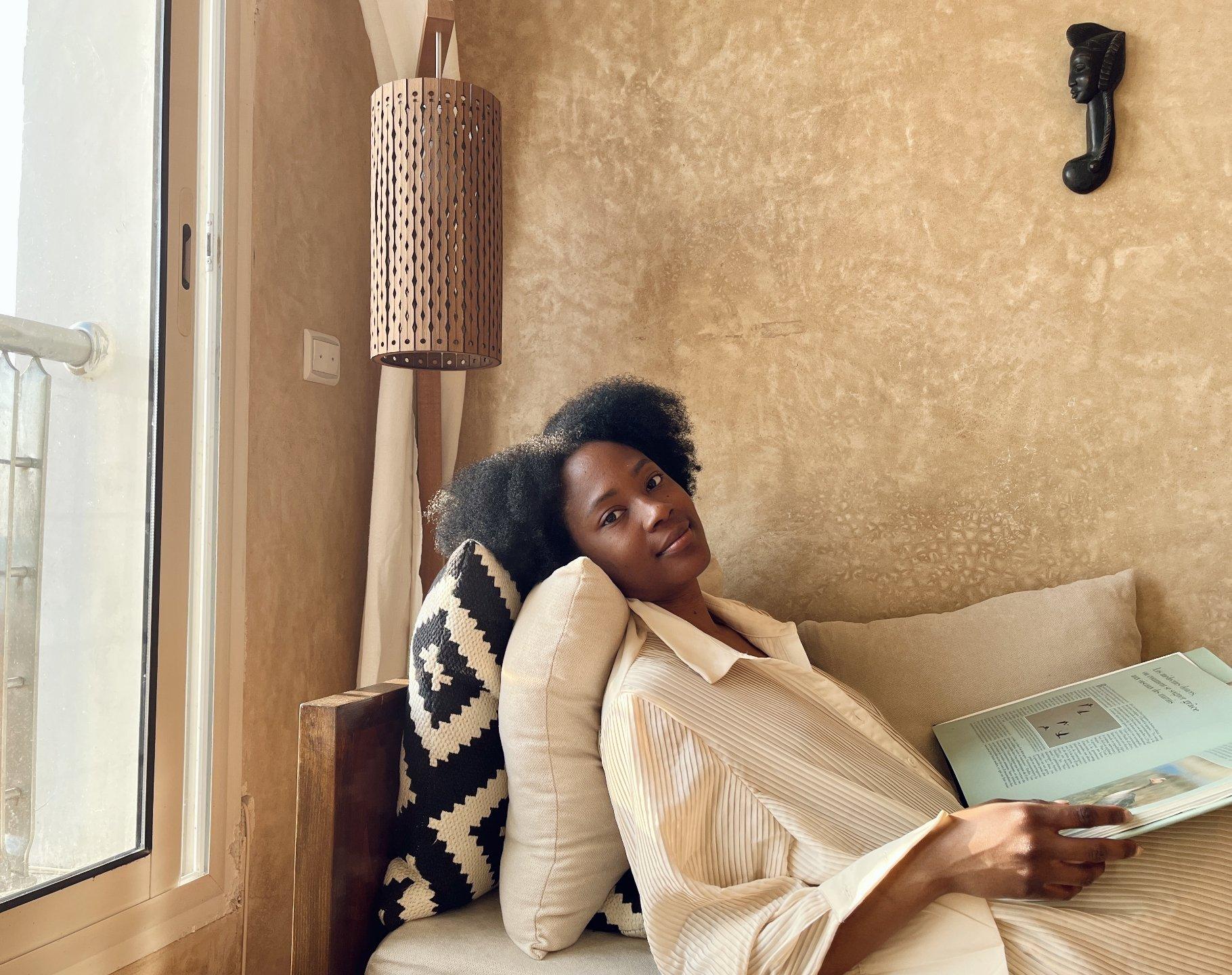
Words
OLIVIA DURIE
Photography
THERESA LOLA
When you chat with Theresa Lola, it’s easy to see how the London-based poet can get a room full of people to hang on her every word – be it when she’s performing her poems to a crowd or teaching a creative workshop (something she’s doing right before we sit down together). There’s a sense of ease and a quiet confidence about her that’s contagiously calming.
But, as we soon realise, the British Nigerian poet’s schedule is anything but slow. A pit stop with us and a swig of water – coffee’s not her thing – is followed by a dash to the next location to work on her exhibition. No day is the same, she tells us, but that’s just how she likes it…
HUSH
It sounds like you’re always on the move. Where do you do most of your writing?
THERESA
Being freelance, I write everywhere. I write on the train, I write in bed… as long as it’s quiet, I’m writing. I’m rarely in the same place for more than a couple of days!
HUSH
Does that provide a lot of inspiration?
THERESA
A lot of my imagery sits between Nigeria and Britain, and I don't live in Nigeria anymore, so I'm physically removed from one of my main inspirations. But I actually enjoy that, because then the poem has to carry me to that place – it has to do the work of travelling. And so it becomes exciting.
HUSH
Your poems focus on human experience and a lot of raw moments. Why do you enjoy writing about this?
THERESA
Because a poem doesn’t exist if it’s not about real life! As poets, we have to go into the uncomfortable because that’s what will move and transform us the most. The raw things are what refine us, so I have to go there to refine myself – and maybe also the reader.
HUSH
Does that come easy or is there a lot of stopping and starting when you write?
THERESA
Oftentimes I know the start and the end, but I don’t know the middle so I come back to it another day. Life’s going to happen in that time, and it’s gonna allow me to see the poem in a new way. So yeah, there’s always start and stop – sometimes intentional, sometimes not. I wouldn’t want to call it writer’s block, but it’s just that you need space away from the work. There’s always polishing.
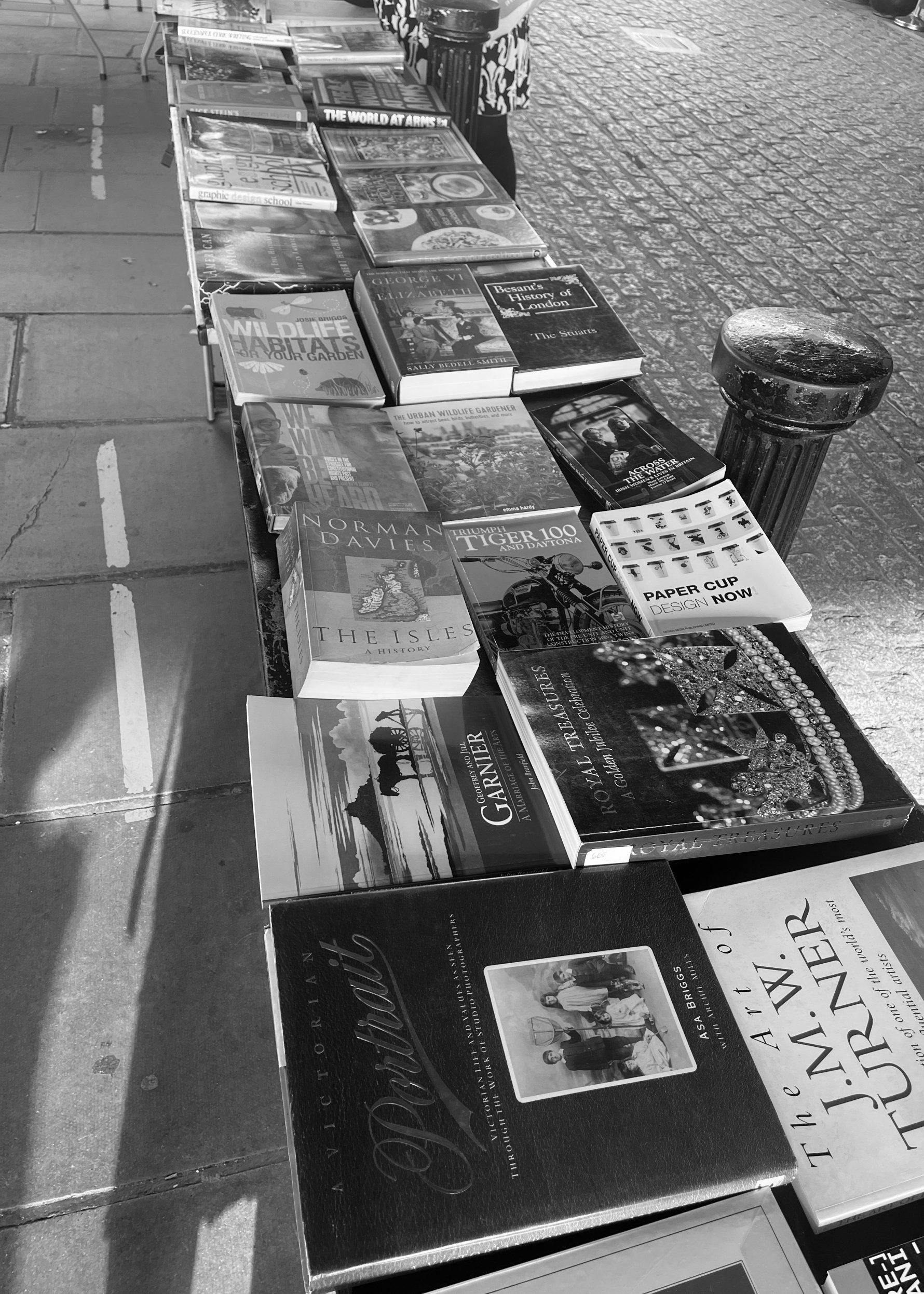 |
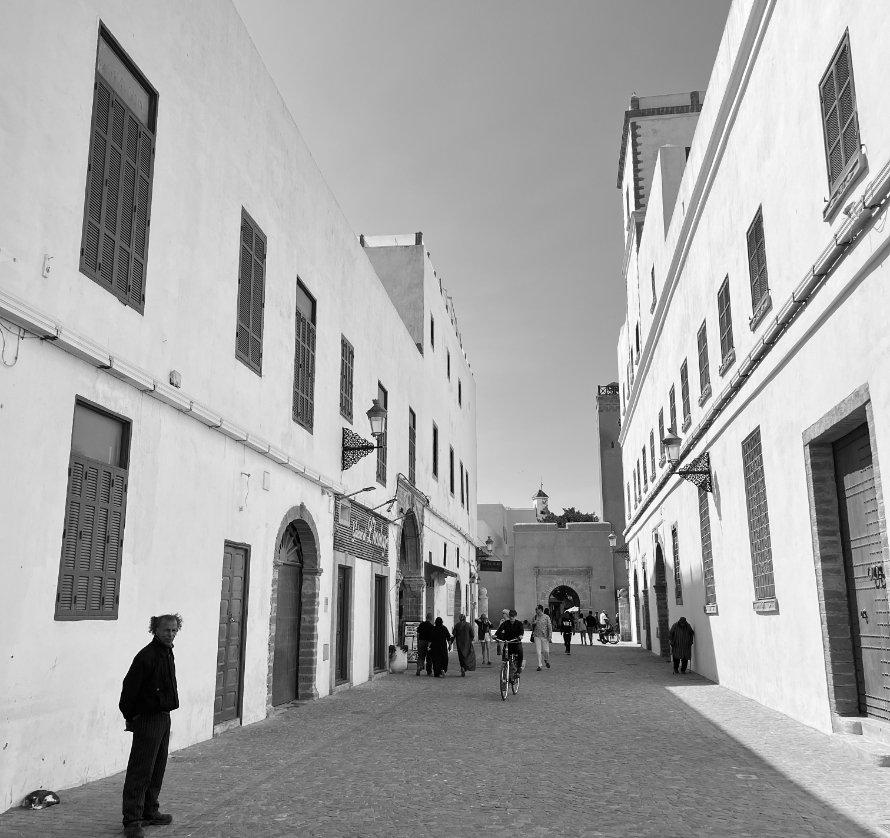 |
HUSH
That's the struggle of being a writer, isn't it? Nothing ever feels 'finished'.
THERESA
I don’t remember who said it: “A poem is never finished, only abandoned.” You don’t finish a poem, you just get to a place where you find peace with it. That’s what it is.
HUSH
And how did you get to this place? What’s your writing journey been like?
THERESA
It began with reading. My mum loved reading and she had a library at home. I was a very shy and reserved child, and I had that curiosity in wanting to create worlds that other people could disappear to. I remember being in school and writing scripts, then being like, Will Smith is going to be in this! I just loved the idea that someone in another country could enter the world that I’m creating. Then when I was older I went on a school trip to a poetry festival, and that’s where it clicked for me – I liked the brevity of poetry.
Then I just had to get over my stage fright. So my friend signed me up to an open mic night at Battersea Arts Centre for my first proper performance, and that was it. From that performance I started entering competitions, won a slam, started growing and meeting other people, and now here I am. It was taking on one challenge after another.
HUSH
Amazing that you went from that shyness to performing for a crowd. Why do you think poetry in particular feels like such a vulnerable form of writing?
THERESA
It is! I think poetry feels raw because it forces you to be emotive. That’s when words become a poem, when there’s the emotion attached to them.
HUSH
How has living in London influenced your poetry?
THERESA
London opens my mind up to so many possibilities. I still look on TikTok and see loads of places here that I had no idea even existed. It contains so many worlds, and you get to observe all of human nature. That inspires my poems.
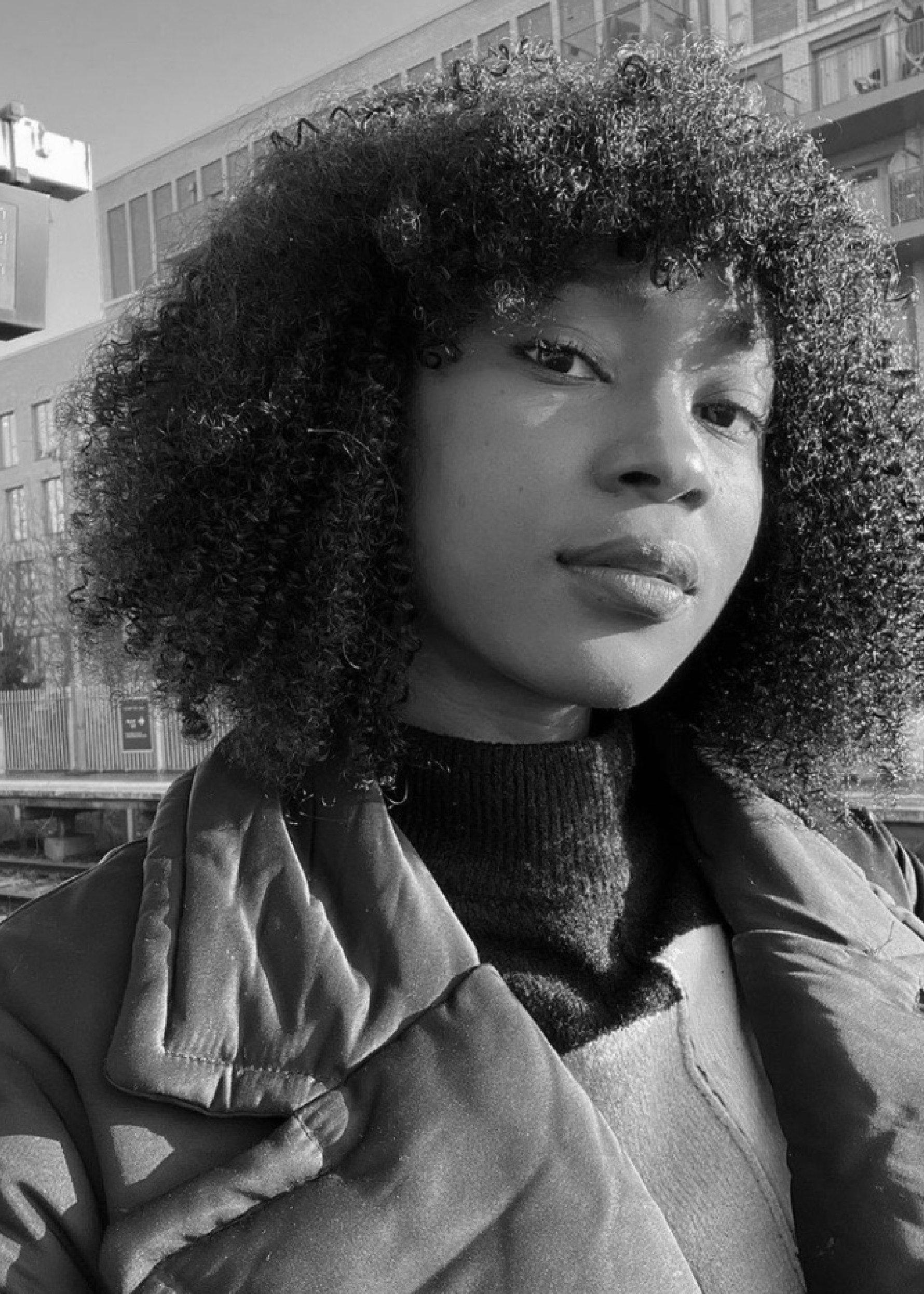 |
|
HUSH
What do you like to do in London?
THERESA
I like walking down the street and seeing somewhere new, like going to a new park or finding a new place to play tennis. The air can be different from one street to another. I come into central London a lot for work, so the quieter parts near home are for me to live and rest.
HUSH
Any favourite spots?
THERESA
I love going to the cinema – the Picturehouse near where I live is a relaxing space for me. And I like The National Poetry Library in the Southbank Centre (because you’re just surrounded by books) and the Barbican Centre. I did the Young Poets programme there back in 2015 and it’s still a place I like to go to sit and work, or sometimes not even do anything. Just look out.
HUSH
And do you feel a sense of ‘hush’ in those places?
THERESA
It’s weird, they’re not necessarily quiet places but I find my quiet in them. I guess I lose myself in the crowd – too much silence drives me crazy. I probably feel most refreshed at my parents' house, though. Whenever I go to see them I can switch off, because they don’t really care about any of the poetry stuff. Well, they do, but don’t really understand it.
HUSH
You were Young People’s Laureate for London back in 2019. What did you learn from your post?
THERESA
My tenure was about wellbeing, mental health and suicide, and finding how we can make poetry relevant to talk about issues that are urgent for young people. I travelled around schools, youth centres, even other countries, and sometimes spoke to people who weren't interested in poetry. So it made me a better teacher. I had to think, ‘how do you communicate poetry to someone who doesn’t understand it?’. But best of all I got to meet so many incredible, creative young people who are doing so many amazing things in the community. That was really exciting. And really rewarding.
HUSH
What’s next for you?
THERESA
I’ve just done my first visual poetry exhibition, ‘Who We Beans’, which was really new for me, to be using poetry in objects, installations and the visual space. It’s all about how the West African diaspora use food to exercise communal affection. Things like looking at food fusion and how that reflects British Africans’ fused identities. I’ve loved doing something new – it was my first time directing a film, for example. I’m hoping to do more of that and see where this takes me.
Theresa’s debut poetry collection, In Search of Equilibrium, is available now.
Read Theresa's poem, State of Hush, written exclusively for us.









